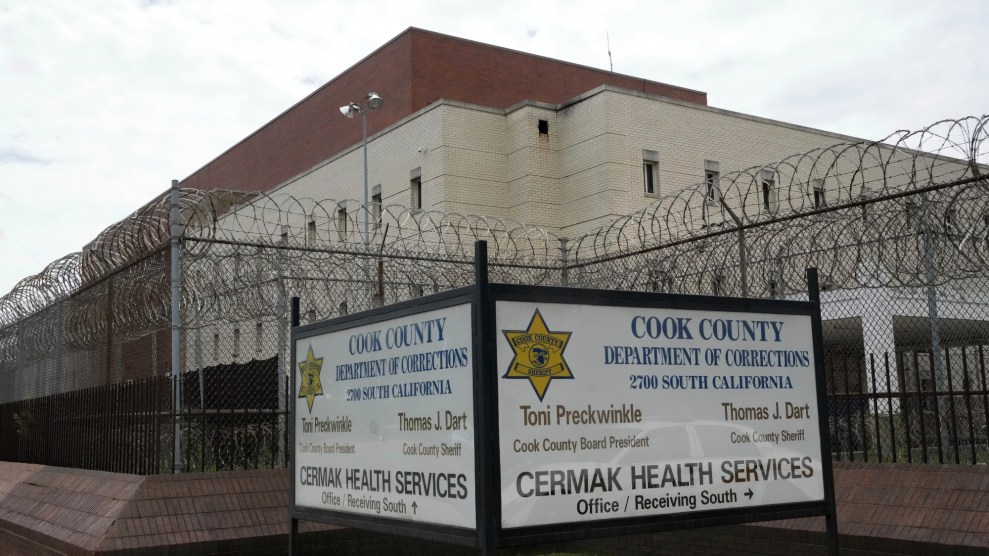Calling opioid addiction a “modern plague,” Missouri Governor Eric Greitens signed an executive order on Monday establishing a statewide prescription drug monitoring program, ending Missouri’s holdout as the only state without such a program.
But Missouri’s latest legislation is very different from other PDMPs, because it doesn’t make information available to doctors and other prescribers. In every other state, the programs provide databases that allow healthcare practitioners to make sure that patients aren’t “doctor-shopping,” or getting opioid prescriptions from multiple providers.
The databases have a mixed reputation, in part because their use is limited: One study found that only about half of primary care doctors use the programs; another found that that only a third of prescribers are registered in the systems. Critics also say that the databases alone won’t solve the problem, particularly as drug users often transition from prescription pills to illicit drugs like heroin and fentanyl. Still, the Centers for Disease Control and Prevention calls PDMPs “among the most promising state-level interventions to improve painkiller prescribing” and advocates for states to adopt mandatory prescriber participation.
Missouri has long been the single state without such a program, despite repeated attempts to pass legislation authorizing a PDMP. That’s because of a small but vocal group of state legislators, led by State Senator Rob Schaaf, who argue that making such databases available to prescribers violates patient privacy. (Schaaf also once said of drug users, “If they overdose and kill themselves, it just removes them from the gene pool,” after filibustering a 2012 version of the bill.) In the meantime, counties covering more than half the state’s population have implemented their own monitoring programs.
Opioids are a modern plague. We're taking action. Today, I signed an executive order to put in place a prescription drug monitoring program. pic.twitter.com/28izqGkM0b
— Eric Greitens (@EricGreitens) July 17, 2017
After efforts to implement a monitoring program repeatedly died in the legislature, Greitens took another tack. The executive order authorizes the state to contract with private pharmacy benefit management organizations, which amass and analyze data from insurers on which doctors are prescribing what medications. The organizations will provide data on the healthcare practitioners who stand out for over-prescribing opioids to the state’s Department of Health and Senior Services (DHSS), which will in turn refer cases to law enforcement and state licensing boards. The state has already entered a $250,000 contract with Express Scripts, a benefits manager, says state DHSS director Dr. Randall Williams. Talks with other such managers, like CVS and UnitedHealth, are in the works, he added.
“When we identify those doctors through the data analytics, we can either turn them over to law enforcement if we think it’s egregious—they’re selling or prescribing drugs for profit,” said Williams. “Or we can turn them over to the Missouri healing arts board for remediation or suspension or revocation.”
The announcement immediately drew criticism from public health advocates who contend that a PDMP will not succeed without doctors on board and addiction treatment targeted at those patients abusing prescription drugs.
“While I certainly welcome the Governor’s attention to this crisis, I have serious questions about how meaningful this action will be if doctors writing prescriptions—and pharmacists filling those prescriptions—don’t have access to this database,” said Sen. Claire McCaskill (D-Mo.) in a statement. “The welcome mat is still out for drug dealers to shop for prescriptions in our state.”
“A PDMP that providers can’t access is much less likely to be effective because you lose all the eyes and ears on the front line (e.g., doctors) and instead just have your central team looking for anomalies in a database,” wrote Keith Humphreys, a Stanford University psychiatry professor who advised the Obama administration on drug policy, in an email.
The contract with Express Scripts—and Greitens’ announcement of the executive order at the Express Scripts office—also raised some eyebrows, as the company supported Greitens’ inauguration festivities. Asked if the decision to contract with Express Scripts was influenced by the company’s financial support, Williams said, “Absolutely not.” After so many failed attempts to pass PDMP legislation, he said, the governor was looking for an alternative way to track prescription data.













